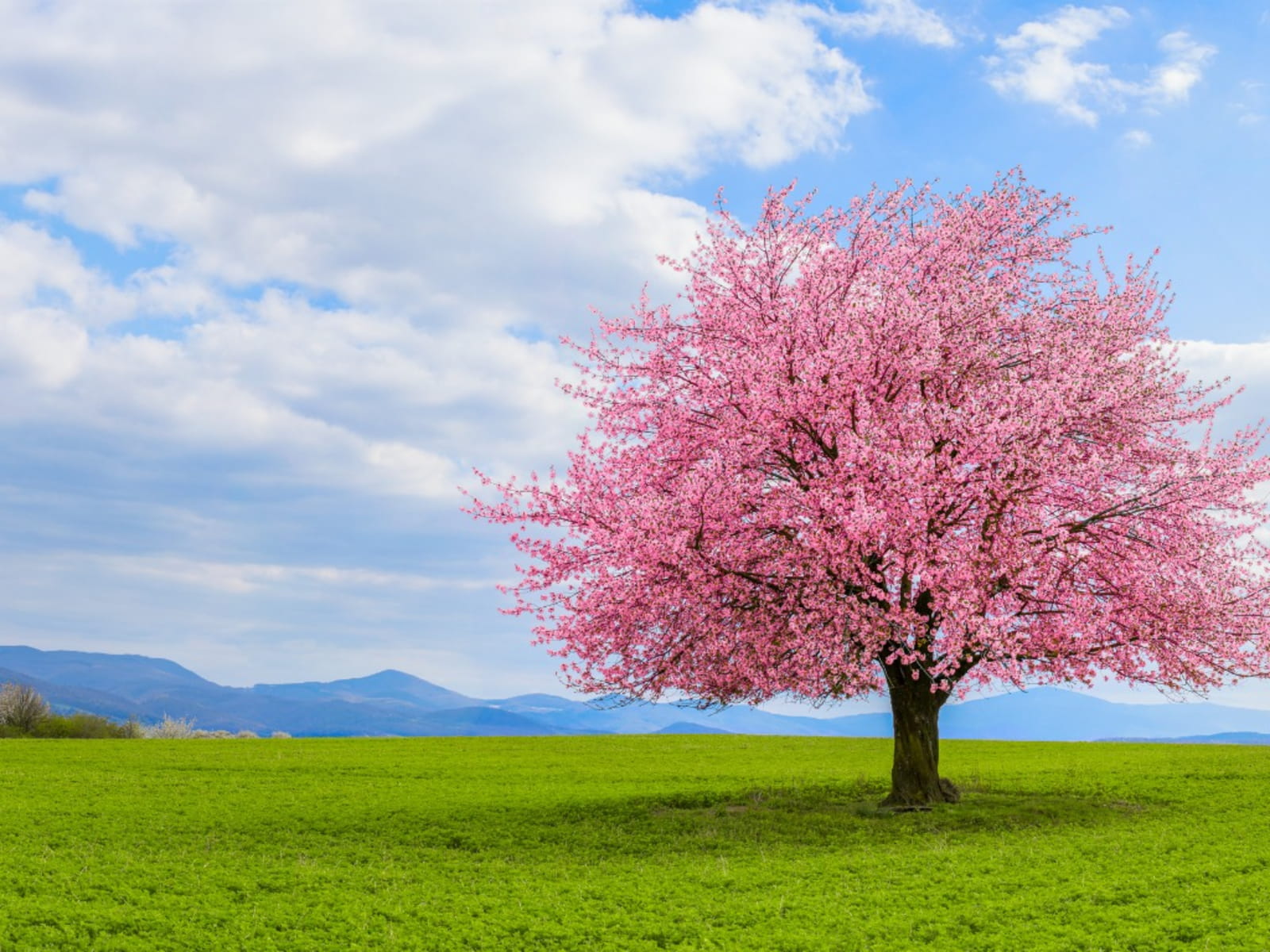Can Kodavas Marry Outside Their Community
In traditional Kodava culture, like in many other ethnic or regional communities in India, there has historically been an emphasis on marrying within the community to preserve cultural practices, language, and family ties. However, over time, there has been more acceptance of inter-community marriages, especially in urban areas or among younger generations who are more likely to mix with people from different cultural backgrounds.
While there may be cultural or familial pressure to marry within the community, there's no legal prohibition preventing Kodavas from marrying outside of their group. The freedom to choose a spouse is a personal decision, and individual families or communities may have different views on it.
Yes, Kodavas can marry outside their community - but traditionally it was not encouraged.
Traditional Kodava Practice
-
Historically, Kodavas practiced strict endogamy (marriage within their own community).
-
Marriage outside the Kodava community was socially discouraged as Kodavas wanted to preserve:
-
Their culture
-
Land ownership rights (especially Jamma land)
-
Their unique lineage and rituals
-
Modern Legal & Social Reality
-
Legally, they are free to marry anyone of their choice. There is no legal restriction.
-
Social acceptance has increased over time, especially among urban, educated families.
-
Inter-caste marriages do happen, especially with communities from nearby regions (like Brahmins, Bunts, Lingayats, Kodagu Gowdas).
Cultural Impact
-
If a Kodava marries outside:
-
The non-Kodava spouse may not automatically receive Kodava gun rights or Jamma land inheritance unless legally adopted into the family tradition.
-
However, many families perform “seemantha” or initiation rituals to include the new spouse into Kodava customs.
-
| Aspect | Traditional View | Current Situation |
|---|---|---|
| Inter-caste marriage | Discouraged culturally | Increasingly accepted |
| Legal restrictions | None | Free to marry anyone |
| Cultural inclusion | Requires rituals | Based on family choice |
| Rights of spouse | Not automatic | Depends on family/legal process |
Conclusion
-
It is allowed, and is becoming more common in modern times.
-
Cultural acceptance varies from family to family.
-
Traditional Kodava identity is strongly preserved, so inter-caste marriage may involve adaptation rituals if they wish to keep Kodava traditions.
Is the Question "Can Kodavas Marry Outside Their Community?" Ethical?
The ethical dimension depends on how the question is framed and its context. In a general sense, asking about the possibility or practice of marrying outside one's community is not inherently unethical. It's a matter of curiosity or inquiry into cultural practices, which is a common and valid topic for discussion.
However, here are some points to consider:
-
Respect for Tradition vs. Personal Freedom: There's a delicate balance between respecting community traditions and acknowledging the personal autonomy of individuals. Some people might view this question as challenging long-held cultural norms, while others might see it as advocating for personal choice and freedom.
-
Sensitive Contexts: If the question is posed in a way that feels judgmental or critical—perhaps implying that marrying outside the community is inherently wrong or problematic—it could be seen as disrespectful or insensitive. Context matters a lot in how these kinds of discussions are framed.
-
Generalization: Asking if a group can marry outside their community might oversimplify the diversity of thought and opinion within that group. For example, there are likely individuals in the Kodava community who support inter-community marriage and others who may be more traditional. Generalizing any community's practices can be problematic.
